Seychelles’ incoming president, Patrick Herminie, has announced that his government will suspend the controversial Qatari-funded luxury resort project on Assumption Island, a development that has sparked widespread outrage among environmentalists and local communities. Herminie, who is set to assume office on October 26 after defeating incumbent Wavel Ramkalawan in a closely contested election, said the existing agreement with the Qatari investors was “unacceptable” and unfair to the Seychellois people.
In an interview with the BBC, Herminie stated firmly that the project would be halted immediately upon his inauguration. “We got peanuts in that contract,” he said, expressing frustration over the terms that granted Qatar’s Assets Group a 70-year lease on the ecologically sensitive island in exchange for a $20 million down payment. “We will put everything on hold and have a meeting with the investors to express our concerns,” he added, signalling a major shift in Seychelles’ approach to foreign investment and environmental preservation.
The luxury resort project, spearheaded by the Middle Eastern investment firm Assets Group, involves the construction of 40 high-end villas and the expansion of the island’s concrete airstrip to accommodate executive jets. Environmental groups, however, have strongly condemned the development, warning that it poses a serious threat to the fragile ecosystem of the Aldabra Atoll—one of the most pristine marine environments on Earth and a UNESCO World Heritage Site.
Assumption Island, located about 1,140 kilometres southwest of the main island Mahé, serves as the gateway to the Aldabra Atoll, home to over 400 species found nowhere else on the planet. Conservationists have warned that large-scale construction and increased air traffic could cause irreversible harm to the region’s biodiversity, including its coral reefs, giant tortoises, and rare seabirds.
The debate over the resort became one of the most contentious issues during last month’s presidential campaign. While former President Ramkalawan defended the project as necessary for economic growth and foreign investment, Herminie capitalised on growing public discontent, arguing that Seychelles must protect its natural heritage rather than sell it off to foreign interests. His stance resonated with voters, helping him secure victory with 52.7% of the vote in the runoff election.
Herminie has since reiterated that his administration will honour Seychelles’ commitment to sustainable development and prioritize local interests over profit-driven deals. “They have already started the building of the mansion, but there will be no 37 chalets which were originally in the plan—this will not happen. What has been built has been built, and that is it,” he said, signalling an end to the resort’s expansion phase.
Beyond environmental concerns, the president-elect also addressed Seychelles’ deepening social challenges, including a growing drug addiction crisis. Citing a 2017 estimate that suggested one in ten Seychellois struggle with addiction to hard drugs such as heroin, Herminie acknowledged that the issue had reached alarming proportions. “Addiction is an existential threat,” he warned, pledging to introduce comprehensive policies aimed at both reducing demand and dismantling drug trafficking networks.
Herminie’s twin focus on environmental conservation and social reform marks a departure from the previous administration’s priorities. Analysts say his decisive action on Assumption Island could redefine Seychelles’ foreign investment policies and reinforce its reputation as a global advocate for sustainable island development.
As Seychelles a nation of just under 100,000 people navigates the delicate balance between economic growth and ecological preservation, Herminie’s leadership will face its first major test in renegotiating or potentially cancelling the Qatari resort deal. His decision is expected to send a powerful message across the Indian Ocean region about the importance of safeguarding natural heritage against the pressures of globalization and foreign influence.


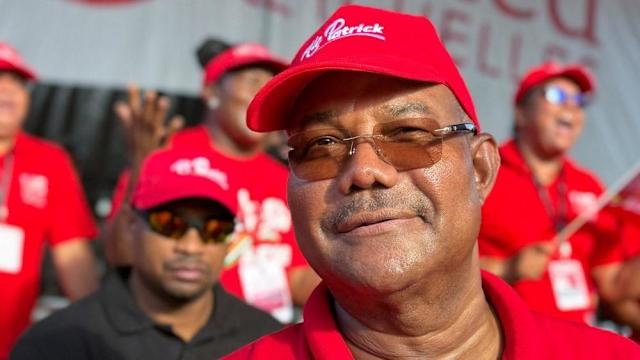

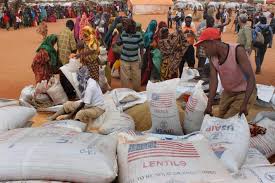


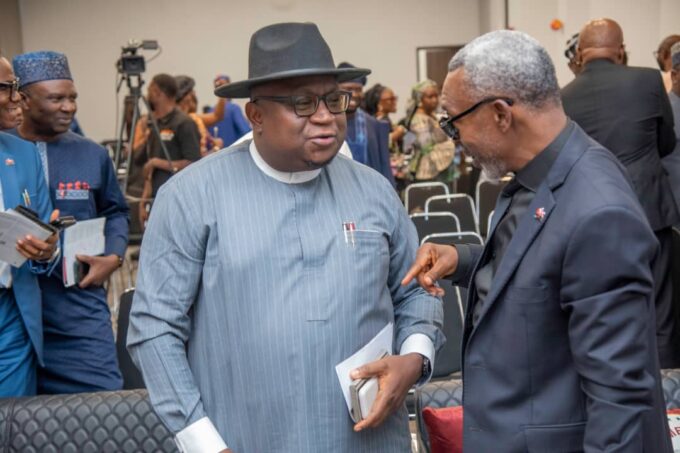


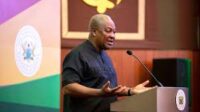
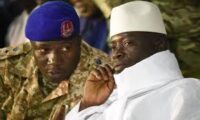
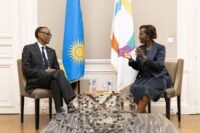
Leave a comment